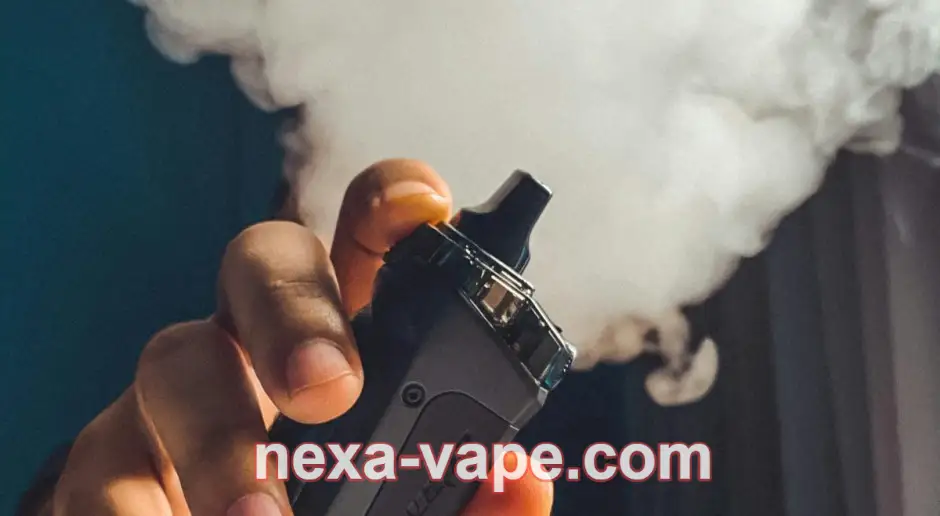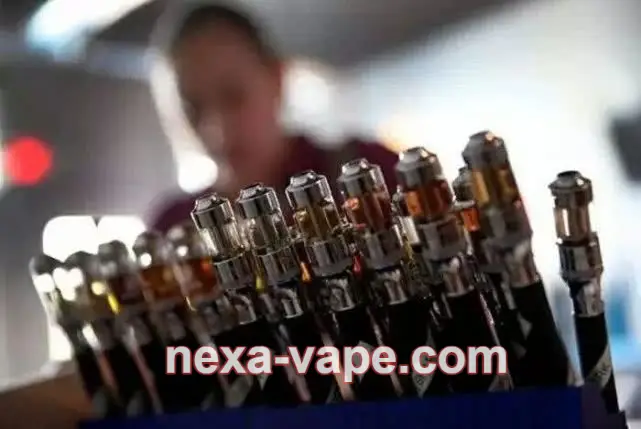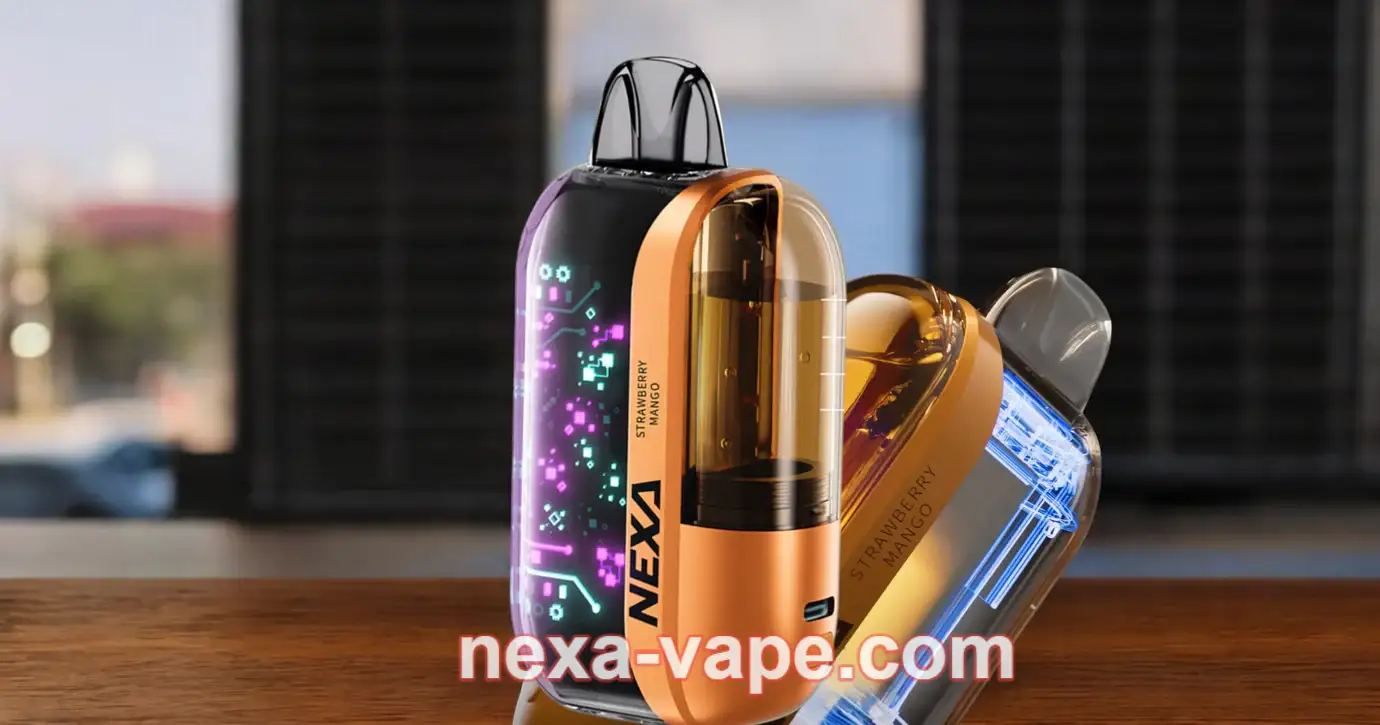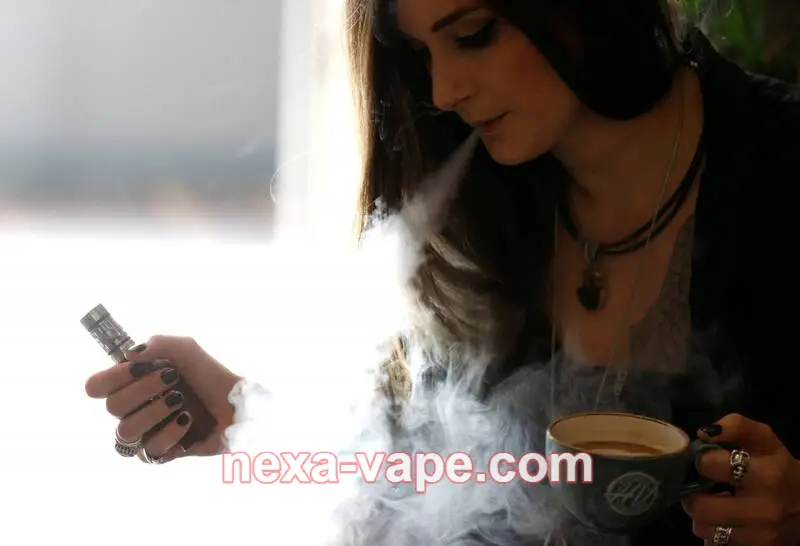Malaysia to Tighten Vape Regulations in 2025: The End of the "Wild West" for the Vape Market
As Southeast Asia continues to be a hotspot for the booming vape industry, Malaysia is gearing up for major changes in 2025 that will reshape the way the market operates. With more international vape brands making their way into the region, the Malaysian government has decided to crack down on the vape scene with a set of strict new regulations. These moves are part of an effort to regulate the market more effectively, protect public health, and curb the growing popularity of vaping among teenagers.
The new regulations were set in motion with the passing of the Public Health Tobacco Control Act (Act 852) in October 2024. This law targets not just the sale but also the advertising, taxation, and safety standards surrounding vape products. Starting in 2025, Malaysia will impose restrictions that could change the dynamics of the local vape market—one that, until now, has been likened to the "Wild West."
Big Changes Coming for Retailers and Consumers
One of the most controversial aspects of these new rules is the retail display ban. Beginning in April 2025, regular convenience stores and general retailers will be prohibited from displaying vape products openly. This includes e-cigarettes, vape pens, and vape liquids (or flavors). Instead, only specialized vape stores will be allowed to showcase these products. This has caused significant unrest among local vape vendors, who argue that the new rules are unfair and will hurt their businesses.
Local retailers are raising concerns about the financial burden this regulation will impose. According to the Federation of Sundry Goods Merchants Associations of Malaysia, a single retail shop may need to spend as much as RM 6,000 to comply with the display ban. Nationwide, this could result in compliance costs reaching up to RM 300 million—an expense that many small businesses simply can't afford. The ban, while intended to curb access to vape products, may also reduce consumer ability to compare products, especially when it comes to flavors, nicotine content, and other key features.
In addition to the display ban, the government is making moves to reduce nicotine levels in vape products. Starting in October 2025, the maximum nicotine concentration for vape liquids will be reduced from 35mg/ml to 20mg/ml. This change is seen as a step toward reducing the health risks of vaping, but it may also lead to frustration among users who prefer higher nicotine content for a more intense experience.
For many, this is just the beginning of a larger trend toward a more regulated market—one that could push out smaller, local brands in favor of international companies that can afford to comply with the stricter rules.
The Impact of These New Regulations on Vape Brands
Some of Malaysia's most established vape brands, like Nexa Vape, are already preparing for these changes. Nexa Vape, known for its popular products like the Nexa Ultra Disposable Vape and Nexa Pro Disposable Vape, is ready to meet the new standards. These products are designed with the latest technology to deliver a smooth and satisfying experience, with a range of exciting flavors to suit every preference.
The Nexa Ultra Disposable Vape, for example, is a sleek, high-performance disposable vape designed for users who demand both quality and convenience. With a variety of flavors and a robust nicotine profile, Nexa Ultra is quickly becoming a favorite among vapers. Meanwhile, the Nexa Pro Disposable Vape offers a longer-lasting experience with premium features like adjustable airflow and a greater range of flavors. Both products are expected to adapt to Malaysia's new regulations, meeting the required safety standards while still delivering the high-quality experience users expect.
While international brands like Nexa are already gearing up for these changes, there are also fears about the impact of such regulations on local distributors. In recent years, international vape brands have begun bypassing local distributors altogether, opting instead to sell their products directly to consumers through online platforms and specialized stores. This trend is expected to accelerate with the new regulations, and local distributors fear they may be cut out of the loop.
One of the biggest challenges facing local vape businesses is the issue of compliance. Many local vendors have been able to get away with selling unregulated or even counterfeit products. With stricter regulations on the horizon, this "gray market" is likely to face even more scrutiny. As the government increases efforts to shut down illegal sales, legal vape products will have to meet higher standards, including labeling requirements for nicotine content and ingredient transparency.
Will Malaysia's "Wild West" Vape Market Be Tamed?
The Malaysian vape market has long been considered a "lawless frontier," with few regulations in place and a wide range of products flooding the market. While this has allowed for a booming industry, it has also led to widespread concerns about the safety of vape products, especially with regard to the youth demographic. In fact, one of the key goals of the new regulations is to reduce the number of minors gaining access to vape products.
Reports show that the vape market in Malaysia is dominated by illegal products, including counterfeit vapes and e-liquids. In 2024, Malaysia's illegal vape market had a market share of over 50%. One of the most concerning aspects of this trend is the rise of disposable vapes, often sold without clear labeling or warnings about the risks of nicotine addiction.
At the same time, Malaysia’s legal vape industry has been growing rapidly, with more consumers looking for a safer, regulated alternative. Brands like Nexa have recognized the demand for high-quality products that adhere to safety standards while still delivering an enjoyable experience. Nexa, in particular, has earned praise for its commitment to quality and safety—attributes that will become even more important as the new regulations take effect.
While some local retailers may struggle to stay afloat under the weight of compliance costs, others are embracing the change. Companies like Nexa Vape are already designing their products with the new regulations in mind, making sure their products meet all safety standards while providing a satisfying vaping experience. This proactive approach could help Nexa maintain its position as a top contender in the market as Malaysia navigates this new regulatory landscape.
The Road Ahead: What Will the Vape Industry Look Like in 2025?
With new rules taking effect in April 2025, the vape industry in Malaysia is set for a major shakeup. As international brands like Nexa continue to grow in popularity, the local industry will have to adapt to a new regulatory environment that favors safety, transparency, and consumer protection. Whether the smaller, local vape retailers will be able to survive the changes remains to be seen, but there’s no doubt that the industry will be more tightly regulated than ever before.
In the end, these regulations could help shape a safer, more organized market, reducing the risks associated with unregulated products and illegal sales. At the same time, they will likely drive innovation in the industry, pushing brands like Nexa to create better, safer, and more enjoyable products for adult users. Whether you're a seasoned vaper or a newcomer to the scene, it’s clear that Malaysia’s vape market will look very different in the coming years.
For those looking for a premium vaping experience, Nexa’s range of products, including the Nexa Ultra Disposable Vape and Nexa Pro Disposable Vape, offer a combination of top-tier quality and delicious flavors—perfect for those who want to stay ahead of the curve in the evolving Malaysian vape scene.
Stay tuned—2025 will be a pivotal year for vapers in Malaysia. The days of the "Wild West" vape market are coming to an end, but whether the new regulations will hit the mark or backfire remains to be seen.
